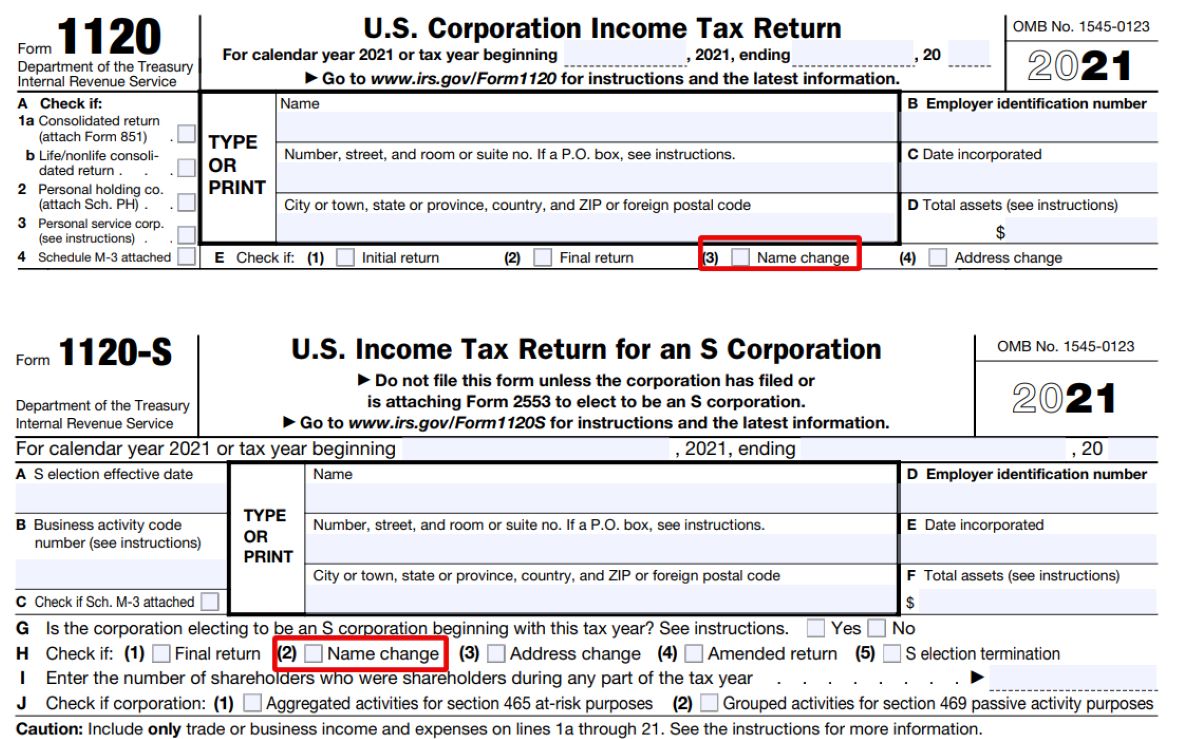Home>Finance>What Is The Grace Period For A Health Insurance Policy With An Annual Premium Payment Mode?


Finance
What Is The Grace Period For A Health Insurance Policy With An Annual Premium Payment Mode?
Published: February 21, 2024
Learn about the grace period for health insurance policies with annual premium payments. Understand the financial implications and ensure coverage continuity.
(Many of the links in this article redirect to a specific reviewed product. Your purchase of these products through affiliate links helps to generate commission for LiveWell, at no extra cost. Learn more)
Table of Contents
Introduction
Health insurance is a vital financial tool that provides coverage for medical expenses, offering peace of mind and protection against unexpected healthcare costs. When it comes to managing health insurance premiums, understanding the grace period for policies with an annual premium payment mode is crucial. The grace period serves as a buffer, allowing policyholders to make premium payments even after the due date without facing immediate policy termination.
In this article, we will delve into the significance of the grace period for health insurance policies with an annual premium payment mode. By exploring the implications of missing the grace period and providing tips for effectively managing premium payments, we aim to equip readers with the knowledge needed to navigate this aspect of health insurance with confidence.
Understanding the grace period and its implications is essential for all policyholders, as it directly impacts the continuity of coverage and financial security in the event of medical needs. Let's explore the nuances of the grace period for health insurance policies with an annual premium payment mode and shed light on its importance and potential consequences.
Understanding the Grace Period for Health Insurance
The grace period for a health insurance policy refers to the additional time provided to policyholders to make premium payments after the due date has passed. In the context of policies with an annual premium payment mode, this grace period typically extends beyond the due date, offering a window of opportunity for late payments without immediate repercussions.
During this grace period, the policy remains in force, and the policyholder continues to enjoy coverage as outlined in the insurance contract. It is important to note that the specifics of the grace period, including its duration and any associated terms, can vary based on the insurance provider and the particular policy in question.
Policyholders should familiarize themselves with the details of the grace period outlined in their policy documents to ensure a clear understanding of the timeline and any conditions that may apply. By doing so, they can effectively navigate the dynamics of premium payments and avoid potential disruptions in coverage.
Understanding the grace period empowers policyholders to make informed decisions regarding premium payments, thereby contributing to the overall stability and reliability of their health insurance coverage. With this foundational knowledge in place, individuals can approach the management of their health insurance premiums with confidence and clarity, leveraging the grace period as a valuable resource in their financial planning and risk management strategies.
Importance of Grace Period for Annual Premium Payment Mode
The grace period holds significant importance for health insurance policies with an annual premium payment mode, serving as a safeguard against unintended lapses in coverage and offering policyholders a crucial opportunity to manage their premium payments effectively.
One of the primary benefits of the grace period is its role in preserving continuous coverage. In the context of annual premium payments, policyholders have a singular, albeit substantial, financial obligation to fulfill each year. The grace period provides a reasonable extension beyond the due date, acknowledging the potential challenges or oversights that may arise in meeting this annual payment requirement.
Moreover, the grace period contributes to the overall resilience of the policyholder’s coverage, mitigating the immediate risk of policy termination due to a missed payment. This feature is particularly valuable in scenarios where unforeseen financial constraints or logistical hurdles temporarily impede the timely settlement of premiums.
Furthermore, the grace period aligns with the principle of fairness, recognizing that occasional delays in premium payments may occur despite a policyholder’s genuine intent to fulfill their financial obligations. By allowing for a reasonable window of time beyond the due date, the grace period reflects an understanding of the practical realities that individuals and families may encounter in managing their health insurance responsibilities.
From a broader perspective, the importance of the grace period for annual premium payment mode extends to the preservation of financial security and access to healthcare services. By maintaining continuous coverage through the grace period, policyholders can navigate unexpected medical needs with the assurance that their insurance remains in force, thereby avoiding potential financial strain and ensuring timely access to essential healthcare resources.
Ultimately, the grace period for annual premium payment mode embodies a fundamental aspect of consumer protection within the health insurance landscape, fostering a balanced approach that upholds the interests of policyholders while maintaining the integrity of the insurance system.
Consequences of Missing the Grace Period
Missing the grace period for health insurance policies with an annual premium payment mode can have several significant consequences, impacting both the continuity of coverage and the financial well-being of the policyholder.
One of the immediate repercussions of missing the grace period is the potential for policy termination. If the premium payment remains outstanding beyond the grace period, the insurance provider may proceed with the termination of the policy, resulting in a lapse of coverage. This can leave the policyholder vulnerable to bearing the full burden of healthcare expenses until alternative coverage is secured, potentially leading to financial strain and compromised access to necessary medical care.
Furthermore, the absence of active health insurance coverage following a missed grace period can hinder the policyholder’s ability to address existing or future medical needs effectively. Without the protective umbrella of insurance, individuals may face daunting out-of-pocket costs for healthcare services, prescription medications, and other essential treatments, potentially disrupting their financial stability and overall well-being.
In addition to the immediate impact on coverage, missing the grace period can also have long-term implications for the policyholder’s insurability and financial planning. A history of policy lapses due to missed grace periods may affect the individual’s ability to secure favorable insurance terms in the future, potentially leading to increased premiums or limited coverage options. This underscores the enduring impact of failing to adhere to the grace period requirements and the importance of proactive premium management.
Moreover, the stress and uncertainty stemming from a missed grace period can take a toll on the policyholder’s peace of mind, adding emotional strain to the already challenging circumstances. Navigating the aftermath of a lapsed policy due to a missed grace period can be a distressing experience, underscoring the far-reaching implications of this seemingly procedural aspect of premium payments.
Overall, the consequences of missing the grace period for health insurance policies with an annual premium payment mode underscore the critical importance of timely and proactive premium management, emphasizing the interconnectedness of financial responsibility, coverage continuity, and overall well-being within the realm of health insurance.
Tips for Managing Health Insurance Premium Payments
Effectively managing health insurance premium payments, especially in the context of policies with an annual payment mode, is essential for maintaining continuous coverage and financial security. Here are valuable tips to help policyholders navigate the process with confidence and diligence:
- Calendar Reminders: Set up recurring calendar reminders well in advance of the premium due date to ensure ample time for payment processing. This proactive approach can help prevent oversights and ensure timely payments.
- Automatic Payments: Explore the option of setting up automatic payments with your financial institution or insurance provider. This streamlined method can help mitigate the risk of missing payments and provide added convenience in managing premiums.
- Financial Planning: Incorporate the annual premium obligation into your overall financial planning. Anticipate the payment as a significant recurring expense and allocate resources accordingly to avoid last-minute financial strain.
- Policy Document Review: Thoroughly review your policy documents to understand the specifics of the grace period, including its duration and any associated conditions. This knowledge will empower you to navigate premium payments with clarity and foresight.
- Open Communication: Maintain open communication with your insurance provider regarding any potential challenges in meeting premium obligations. Proactively addressing concerns or seeking alternative payment arrangements can help mitigate the risk of missed payments.
- Emergency Fund Allocation: Consider allocating funds to an emergency reserve specifically earmarked for premium payments. This dedicated resource can serve as a safety net in the event of unexpected financial constraints.
- Financial Counseling: Seek guidance from financial advisors or counselors to develop personalized strategies for managing health insurance premiums within the context of your broader financial goals and obligations.
By implementing these proactive measures and integrating premium management into your overall financial planning, you can navigate the nuances of health insurance premium payments with confidence and foresight, ensuring the uninterrupted continuity of coverage and peace of mind in the realm of healthcare financing.
Conclusion
The grace period for health insurance policies with an annual premium payment mode plays a pivotal role in safeguarding the continuity of coverage and empowering policyholders to manage their premium obligations effectively. By providing a buffer beyond the due date, the grace period acknowledges the practical complexities of premium payments and offers a valuable opportunity to navigate this aspect of health insurance with resilience and foresight.
Understanding the nuances of the grace period and its implications is essential for all policyholders, as it directly impacts the stability of coverage and financial security in the face of healthcare needs. It underscores the interconnectedness of proactive premium management, coverage continuity, and overall well-being within the realm of health insurance.
As we’ve explored the significance of the grace period, the potential consequences of missing it, and valuable tips for managing premium payments, it becomes evident that proactive and informed financial planning is fundamental to navigating the dynamics of health insurance premiums with confidence and diligence.
By embracing proactive measures such as calendar reminders, automatic payments, and open communication with insurance providers, policyholders can fortify their ability to meet premium obligations and preserve continuous coverage. This proactive approach not only mitigates the risk of missed payments but also contributes to a broader sense of financial stability and peace of mind.
In essence, the grace period for annual premium payment mode embodies a fundamental aspect of consumer protection within the health insurance landscape, fostering a balanced approach that upholds the interests of policyholders while maintaining the integrity of the insurance system. It serves as a testament to the industry’s commitment to supporting individuals and families in navigating the complexities of healthcare financing with resilience and clarity.
As we continue to navigate the evolving landscape of healthcare and insurance, understanding the grace period and embracing proactive premium management strategies will remain essential pillars of financial well-being and coverage continuity. By leveraging these insights, policyholders can confidently navigate the intricacies of health insurance premium payments, ensuring the sustained protection and support that insurance coverage affords in the realm of healthcare financing.














